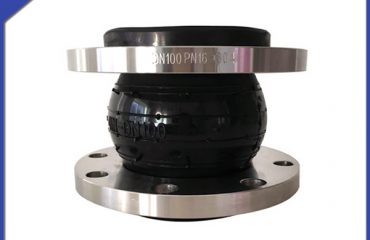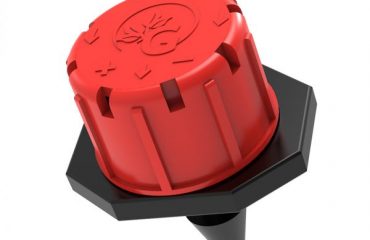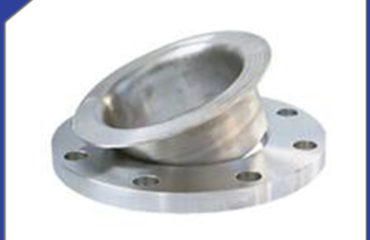
Plate flanges are widely used in various industries for connecting pipelines and other components. These flanges are designed to be bolted together, providing a secure and leak-proof connection. The materials used in manufacturing plate flanges play a crucial role in determining their performance, durability, and suitability for different applications. In this article, we will investigate the different materials used in manufacturing plate flanges.
- Carbon Steel: Carbon steel is the most common material used for manufacturing plate flanges. It offers excellent strength and durability, making it suitable for a wide range of applications. Carbon steel plate flanges can withstand high temperatures and pressures and are resistant to corrosion. They are cost-effective and widely available, making them a popular choice for many industries.
- Stainless Steel: Stainless steel plate flanges are highly resistant to corrosion, making them ideal for applications where the flange will be exposed to moisture or chemicals. They are commonly used in industries such as oil and gas, chemical processing, and food processing. Stainless steel plate flanges also offer good strength and durability, making them suitable for high-pressure and high-temperature applications.
- Alloy Steel: Alloy steel plate flanges are made from a combination of different metals, including chromium, molybdenum, and nickel. These flanges offer superior strength, toughness, and resistance to corrosion and high temperatures. Alloy steel plate flanges are used in industries such as power generation, petrochemical, and offshore applications.
- Copper Nickel: Copper nickel plate flanges are commonly used in marine and offshore applications, particularly in areas where seawater corrosion is a concern. Copper nickel alloys offer excellent resistance to corrosion and biofouling, making them suitable for seawater environments. Copper nickel plate flanges are also resistant to high temperatures and pressures, making them ideal for offshore oil and gas platforms.
- Titanium: Titanium plate flanges are known for their exceptional strength and lightweight properties. They offer excellent corrosion resistance, making them suitable for applications where the flange will be exposed to chemicals, acids, and saltwater. Titanium plate flanges are commonly used in industries such as aerospace, chemical processing, and marine applications.
- Inconel: Inconel plate flanges are made from a family of nickel-chromium superalloys. They offer excellent resistance to corrosion, oxidation, and high temperatures, making them suitable for critical applications in industries such as aerospace, power generation, and chemical processing. Inconel plate flanges are also known for their excellent strength and durability.
- Duplex Stainless Steel: Duplex stainless steel plate flanges are a combination of austenitic and ferritic stainless steel. They offer high strength, excellent corrosion resistance, and good weldability. Duplex stainless steel plate flanges are commonly used in industries such as oil and gas, chemical processing, and desalination plants.
 Language
Language Espanol
Espanol English
English Italian
Italian عربى
عربى
 Skype: chinamaker99
Skype: chinamaker99  Tel: 86-316-5120812
Tel: 86-316-5120812 Email:
Email:  Whatsapp:
Whatsapp: 

